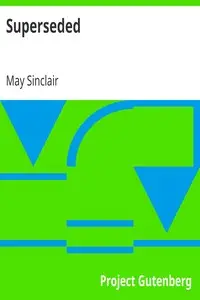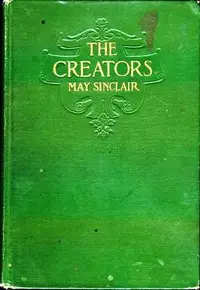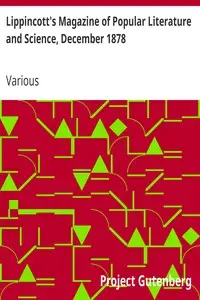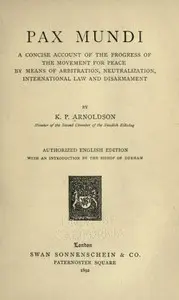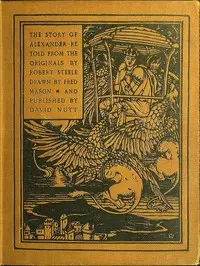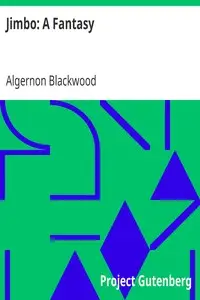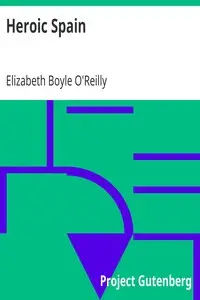"The Judgment of Eve" by May Sinclair is a novel written in the early 20th century, reflecting the intricate emotional landscapes of its characters. The story primarily centers around the character of Aggie Purcell, who grapples with the societal expectations of womanhood and motherhood in a small English town. The narrative explores themes of choice, sacrifice, and the quest for personal fulfillment against the backdrop of domestic life and romantic entanglements. The novel follows Aggie Purcell as she navigates her feelings towards two suitors: John Hurst, a well-to-do farmer, and Arthur Gatty, a gentle clerk with artistic aspirations. Initially drawn to John's stability and societal approval, Aggie eventually realizes her deeper connection with Arthur, who understands her intellectual and artistic yearnings. The turning point comes when Aggie chooses Arthur, leading to marriage and motherhood. However, as years pass, the pressures of motherhood and the sacrifices required for family life take their toll on her spirit and identity. The novel concludes poignantly with Aggie’s passing, leaving Arthur to confront the reality of their life together and the impact of her loss on their children, ultimately emphasizing the complexities of love, sacrifice, and the often unacknowledged struggles of women in society. (This is an automatically generated summary.)
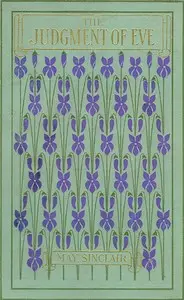
The Judgment of Eve
By May Sinclair
"The Judgment of Eve" by May Sinclair is a novel written in the early 20th century, reflecting the intricate emotional landscapes of its characters. T...
May Sinclair was the pseudonym of Mary Amelia St. Clair, a popular British writer who wrote about two dozen novels, short stories and poetry. She was an active suffragist, and member of the Woman Writers' Suffrage League. She once dressed up as a demure, rebel Jane Austen for a suffrage fundraising event. Sinclair was also a significant critic in the area of modernist poetry and prose, and she is attributed with first using the term 'stream of consciousness' in a literary context, when reviewing the first volumes of Dorothy Richardson's novel sequence Pilgrimage (1915–1967), in The Egoist, April 1918.

